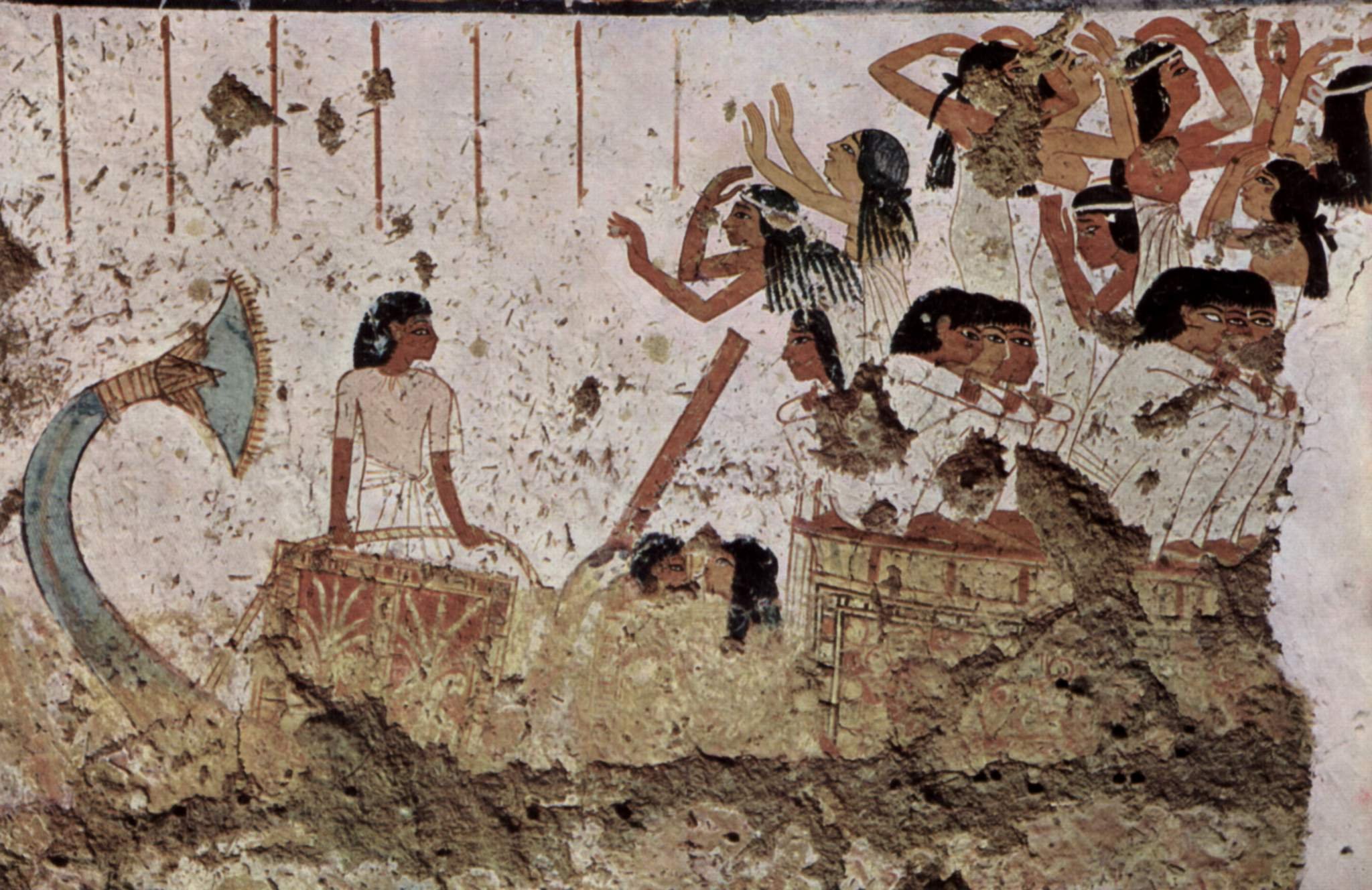Ungodly
Photo: Amaury Gutierrez
Our Father, who art in heaven,
hallowed be thy name
This was one of the first prayers we learned as children in a Christian home, right after the letters of the alphabet. God was a priority, a figure that hovered over everything we did, so we acknowledged his presence every time—before we ate, after we fell sick, before we slept, after we woke up, before there was trouble, after trouble passed, when we were happy, when we were sad. There were templated supplications and thanksgiving prayers for every occasion.
In the mighty name of Jesus.
Thank you, Father, for everything you have done.
Thank you for the provision of food, clothing, and shelter.
We believed in the all-powerful name. When we saw cockroaches or rats that scared us shitless, we screamed, “Blood of Jesus.” When our friends hid behind doors to startle us, we called his name first because who else could save us? We screamed his name even more fervently when the situation was life-altering, like an accident, even the ones we only read about in the newspaper. The exclamation was always the same, “Jesus Christ of Nazareth.”
Later we would learn that the name was sacred, not to be called in vain, not to be played with. But by then it was too late: we had tasted sin and seen that the repercussions were unclear and improbable. So, the name Jesus became just another word in the urban dictionary, another exclamation like chai or omo. Sometimes in moments of shock, we said things like, “Jesus Christ, what the fuck, man.” In extreme situations, we went, “Jesus Fucking Christ.” Almost everyone said Jesus—Christians, Muslims, even atheists. It was colloquial.
Thy Kingdom come
Thy will be done on earth as it is in heaven
We all wanted to make the kingdom of God. None of us wanted to be condemned to the furnace of fire, hell—the place hotter than real fire, unquenchable fire. Our parents said hell was a hundred times hotter than the flame of a candle or kerosene lantern. Our minds were blown at the mere thought. It was almost unfathomable that anything could be more painful than a candle burn. We had touched candle flames out of curiosity to see why Mother stopped us from going close to its unassuming glow. We had felt the pain, cried, and nursed it for days till it healed. So we feared hell with all our might—hated it too.
We ran away from sin, the only thing that could send us to hell. Every day we sought to do the will of God. It was hard. How do you explain bad decisions with good intentions? Like the day we stole fifty naira from Mother’s purse to give to Godiya, our friend whose broken family didn't care how she fared or ate? How do you explain that biology had no business with faith? Because when it was time to “be fruitful and multiply”, our bodies didn't care that the Bible frowned upon fornication. Intercourse was what it wanted, and most times, intercourse was what it got. We knew it was wrong, but at that moment, we didn't care. A part of us knew we would go to hell if the trumpet went off at that moment. But another part of us knew we could ask for forgiveness too, because the trumpet had been threatening to go off since our Sunday School days. So we did it. The guilty pleasure was sweet, tasting like honey but lasting shorter than the lifespan of the mayfly. The thrill was gone before we knew it, and the feeling of guilt set in like a thick blanket. But then we prayed. We asked for forgiveness. After all, to err is human.
Every day we tried, and every day we failed. So we drank, we smoked, we partied, we fornicated. We were human, weak and fallible.
Give us this day, our daily bread
We grew into men and women who studied literature, philosophy, psychology, quantum physics, and engineering. On this journey, we realised we were gods, especially when we had to go out to the streets to fend for ourselves, become our own masters, conjuring destinies from dust and dreams, summoning wealth and confidence from nothing but hard work. And soon we understood that, like God, we could create, and the fruit of our labour was all we needed for our daily bread. We didn't need to run to Jesus anymore, not after those big moments of disappointment. We called it “the awakening”, the result of those moments when we needed Jesus so badly.
We had done everything right—didn't lie, didn't steal, read every day for the exam, read the Bible too. But when we wrote the exam, we missed it by a mark. Wasn’t this what his grace was meant for? Moments when our human capabilities were short by just a pinch, was his grace not meant to show up and top up? But for us, it never did, and the betrayal felt raw, like hot knife searing through butter. So we thought, maybe we don’t need God, maybe we can be our own god. After all, chanting his name without putting in the work wasn't going to get us anywhere, but putting in the work without chanting his name would.
So we built faith in our ability, created our own commandment: thou must not be caught slipping in the hustle. And we stuck by our commandment. We grew wise, we grew rich, we were self-sufficient. We believed in the randomness of the universe, but we also understood that nobody just handed out dough.
And forgive us our trespasses
As we forgive those who trespass against us
With each passing day, we got closer to learning about the intricacies of our species. The white at the core of the purple onion, the rough seeds clustered in the middle of the orange pawpaw covered in green skin.
It was simple: the seeds were people’s experiences, and each one made them act the way they did. Understanding this meant we forgave easily. Each time a lover left us, even when we did nothing wrong, we understood. They did this because their fathers, mothers or primary caretakers probably did so and so, we would postulate.
We did the same when a friend betrayed us. They grew up in homes with no principles, we would say, as we forgave them their trespasses. After all, to forgive is divine.
And lead us not into temptation,
But deliver us from evil.
Every day we are led into temptation. It is hardest when our mobile devices are portals into Sodom and Gomorrah. Every day we walk, trying hard not to become bags of salt. With the principles we have set and our eyes on the bag, we cannot afford to lose our focus to any vice. We cannot afford to become alcoholics, sex maniacs, or weed heads even though, every day, adulthood insists that we should, every day there’s the temptation to escape into the hands of evil. Because it is comforting, helps us forget our dull existence and the pain it takes to keep on living, to keep on pushing.
So every day we go to bed reciting this prayer, reminding ourselves that we cannot fall like mere mortals:
Hail Suchet,
Full of Grace,
You are with thee.
Blessed art thou among humans
Amen.
About the author
Suchet Baba is a writer, blogger and copywriter. Rainy days, cats and a good book are top on the list of her favourite things. She was shortlisted for the 2023 Alinea Prize in Nonfiction as well as the Okada Books Campus Writing Challenge in 2018. Her works have appeared in several literary magazines including Brittle Paper, Kalahari Review, Punocracy, African Writer and others.









